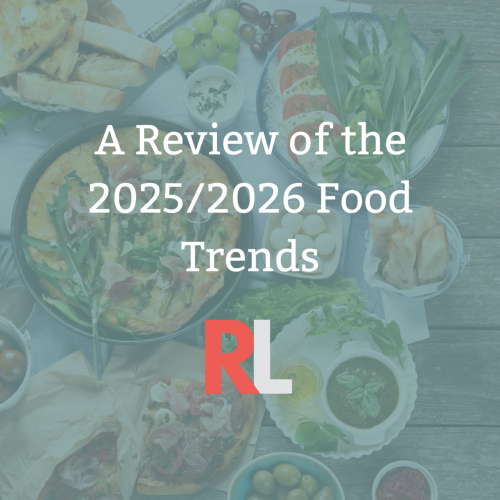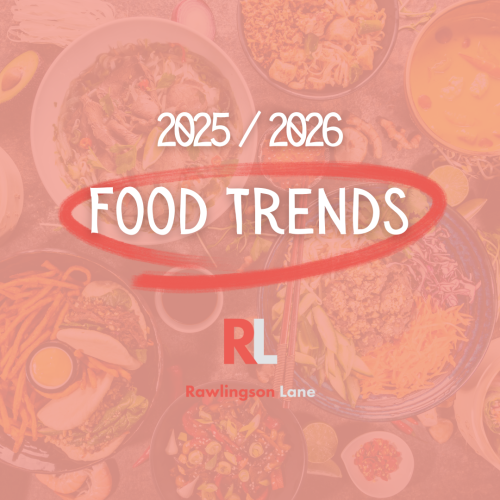New Food Waste Legislation Coming into Effect March 2025
What the New Rules Are and How it Will Impact the Foodservice Industry
The UK government has announced new food waste legislation for businesses which will be coming into effect at the end of March 2025 – but what are the new rules, and how will they impact the foodservice sector? We’ve broken down everything you need to know:
What are the rules?
Simply put, companies that produce more than 5kg of food waste per week will now need to separate this waste and arrange to have it collected by a licenced waste disposal provider.
Food waste includes any inedible biodegradable material associated with food, such as teabags, coffee grounds, fruit and veg peelings, egg shells, and bones.
Businesses with less than 10 staff are exempt until March 2027.
Who does it impact?
Although the new legislation is mostly aimed at the hospitality sector, the new rules apply to all non-domestic organisations including offices, schools, and care homes.
Companies with fewer than 10 employees won’t need to worry about separating food waste until March 2027, but it is good to get into the habit early!
What do you need to do?
Operators have until 31st March 2025 to get ready, so should start preparations soon.
Invest in a dedicated food waste bin.
Keep track of your food waste to determine whether your weekly average exceeds the 5kg benchmark.
Educate employees on the new rules and emphasise the importance.
Arrange regular collection by a licenced food waste disposal service if required
Operators could also consider how they can minimise their food waste. This is especially important for smaller foodservice businesses that may be borderline to the 5kg total. Read our simple food waste reduction tips here.
What happens to the waste?
Once the food waste has been collected, it will receive anaerobic digestion treatment. This process involves removing oxygen from the waste, which produces biofuels – which can be used as a renewable energy source (read more here) – and biofertiliser – which can be spread on agricultural land to recycle nutrients and create a more circular economy, while also offering a greener alternative to fertilisers derived from fossil fuels.
Why have these new rules been introduced?
As the UK’s net-zero target inches closer, new legislation is being passed to ensure lower emissions. The UK throws away 9.5 million tonnes of food per year, with the hospitality and foodservice sector contributing more than 10% of this according to a report by the House of Commons. For perspective, that could feed more than 30 million people for a full year, or completely fill Wembley Stadium nine times over.
Waste Mission estimates that each tonne of food waste that ends up in landfill emits 4.2 tonnes of greenhouse gasses. That equates to nearly 40 million tonnes per year in the UK. The change is also cost-motivated. Sending food to landfill is difficult to pin a price tag to, but Eco Experts state that the value of the actual food that ends up in the bin surpasses £19 million.
Although the new legislation may take some adjusting to, it is clear that the outcome should be a positive one for the foodservice sector.












